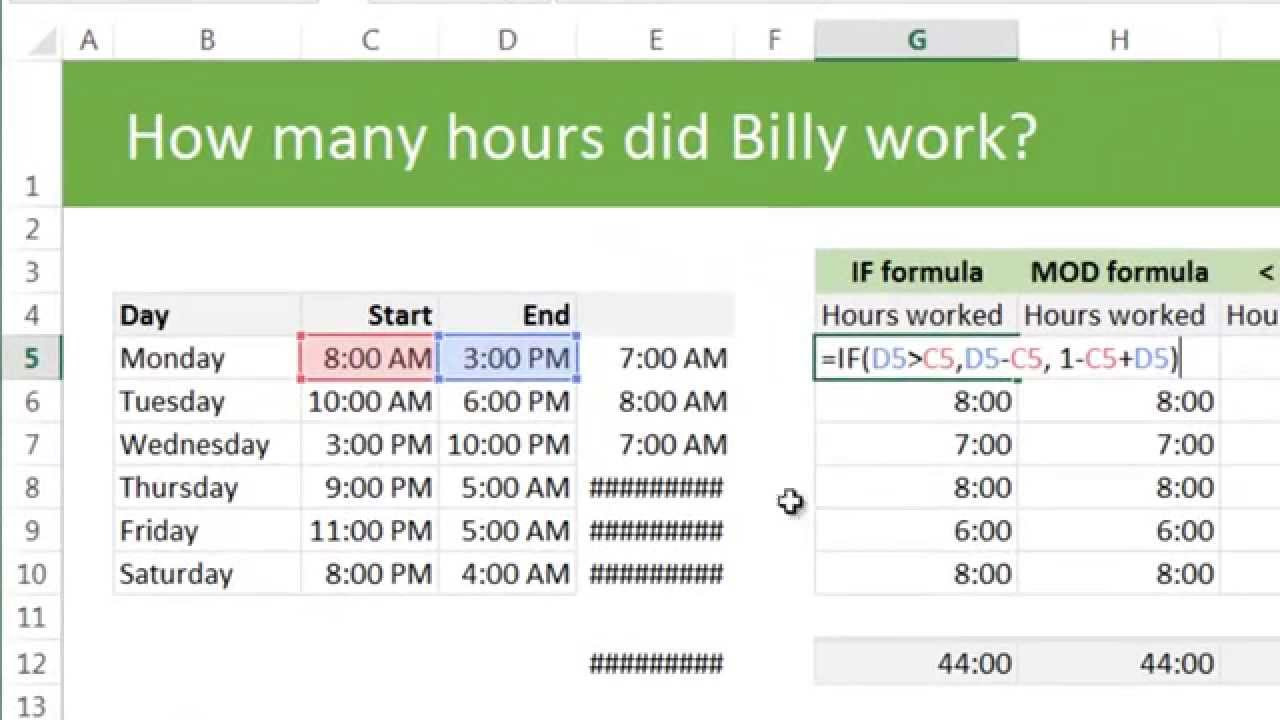Pay stubs, also known as paycheck stubs, are essential documents that provide detailed information about an employee’s earnings, deductions, and other financial details related to their employment. Accurate and error-free pay stubs are crucial for maintaining employee trust, compliance with labor laws, and avoiding legal issues. However, the process of generating pay stubs can be prone to mistakes and errors, which can lead to confusion and disputes between employers and employees. In this article, we will explore five common mistakes and errors that often occur during pay stub generation and discuss how to address them effectively.
Incorrect Employee Information

One of the most common mistakes of the online pay stub generator is providing incorrect employee information. This can include misspelled names, incorrect employee numbers, or outdated personal details. Such errors can lead to confusion, delay in payroll processing, and may even result in the wrong pay getting credited to the wrong employee. To address this issue, employers should maintain a centralized and up-to-date employee database, double-check information before generating pay stubs, and encourage employees to promptly update their personal information whenever necessary.
Omission of Earnings or Deductions
Pay stubs should provide a comprehensive breakdown of an employee’s earnings and deductions. Omitting any component of their compensation, such as overtime pay, bonuses, or commission, can lead to dissatisfaction among employees and raise questions about transparency. Similarly, failing to include relevant deductions like taxes, health insurance, or retirement contributions can cause discrepancies between an employee’s expected net pay and the actual amount received. Employers must ensure that all elements of an employee’s earnings and deductions are accurately reflected in their pay stubs.
Incorrect Calculation of Hours Worked

Calculating hours worked accurately is crucial for determining an employee’s regular pay and overtime wages. Mistakes in recording work hours can result in underpaid or overpaid wages, leading to both financial and morale issues within the workforce. Employers should implement an efficient time tracking system, such as biometric attendance, digital time clocks, or time tracking software, to minimize human errors in recording hours worked. Regular audits and reconciliations of hours worked against the pay stubs can also help detect and rectify any discrepancies promptly.
Inconsistent Tax Withholdings
Tax withholdings are an essential part of a pay stub, as they directly impact an employee’s take-home pay and tax liabilities. Errors in calculating tax withholdings, such as using incorrect tax tables or failing to apply updated tax rates, can lead to serious financial repercussions for both employees and employers. To avoid this, employers should keep abreast of changes in tax laws and rates, utilize reliable payroll software that automatically incorporates the correct tax calculations, and seek assistance from tax professionals if needed.
Misinterpretation of Labor Laws

Pay stub generation must comply with the labor laws and regulations of the jurisdiction in which the business operates. Failing to do so can result in severe legal consequences and damage the company’s reputation. Common mistakes include not providing mandatory information on the pay stub, such as the hours worked, hourly rates, or employer contributions. Employers should regularly review their pay stub templates and procedures to ensure they meet all legal requirements and, if necessary, seek legal counsel to verify compliance.
Conclusion
Accurate pay stub generation is essential for maintaining a healthy employer-employee relationship, ensuring compliance with labor laws, and avoiding potential legal issues. By addressing the five common mistakes and errors mentioned above, employers can enhance transparency, streamline payroll processes, and foster a positive work environment. Implementing efficient payroll systems, conducting regular audits, and staying informed about changing regulations will go a long way in minimizing errors and ensuring error-free pay stubs for all employees.


